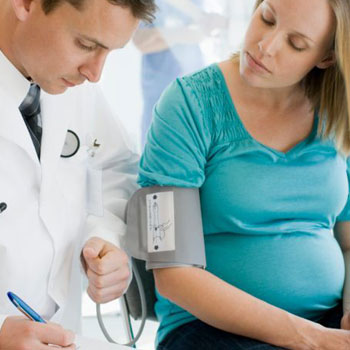The Tests Every Expecting Mom Needs

So after taking that one crucial test to see if you’re actually pregnant, you may be wondering what else lies in store during the many prenatal visits you’ll make in the course of nine months. If it’s your first time around, all those pokes and prods may seem unnecessary, but there are a few tests that doctors conduct to help ensure your health and that of your baby’s. Some of them are indispensable, while some are optional. You may notice a lot of peeing in a cup during your visits. The medical staff is testing for several things: sugar in the urine, which may signal diabetes; bacteria, which may cause a urinary tract infection; and protein, which could be a sign of a dangerous condition called preeclampsia. Your blood will be tested for anemia, infections and blood type – women who lack a protein called Rh factor may require treatment to protect their babies from a serious blood condition. Your healthcare professional also may do tests for sexually transmitted diseases that can harm the baby during a vaginal birth, including HIV, syphilis and hepatitis B. The number of ultrasounds you’ll get varies from doctor to doctor and depends on the pregnancy, but you’ll usually get one between five and eight weeks to determine due date, then again around 20 weeks to check the number of fetuses growing, development and even sex. You may have another closer to your due date, particularly if the baby is overdue, to check that he or she is developing normally. At about the 16th week, you may be offered the triple-screen test, which measures the levels of three different chemicals in the blood that can indicate conditions such as Down syndrome and spina bifida. Based on the results of this test, or if the mom is 35 or older, your doctor may recommend an amniocentesis, an invasive procedure in which fluid is taken from the amniotic sac. This test carries a very low risk of miscarriage, but it may be worth the risk.
